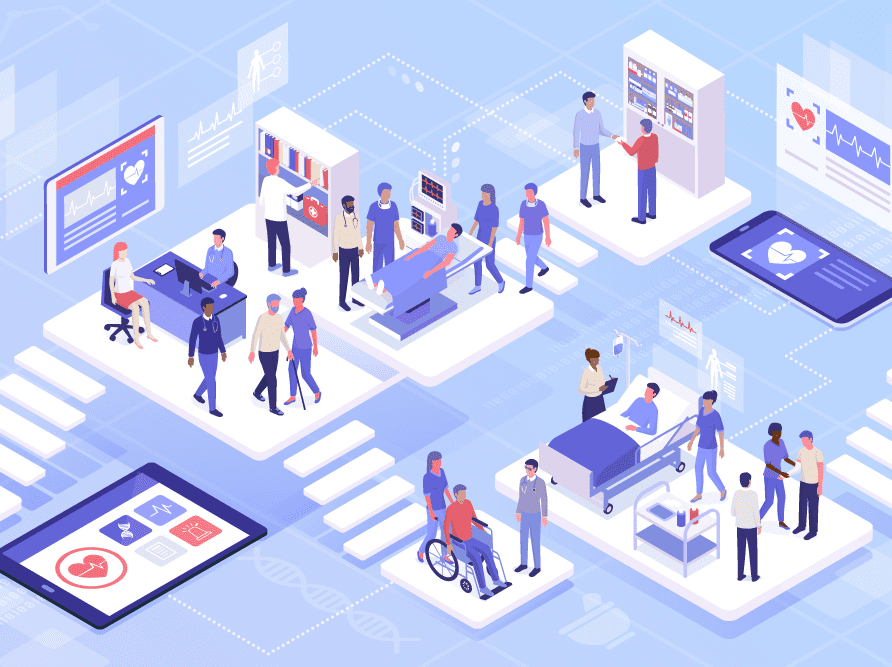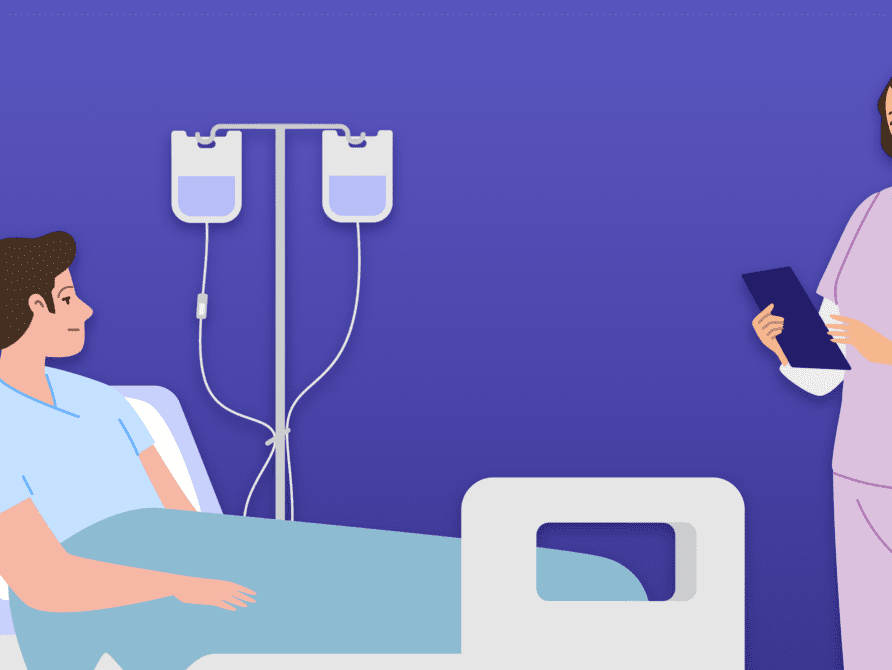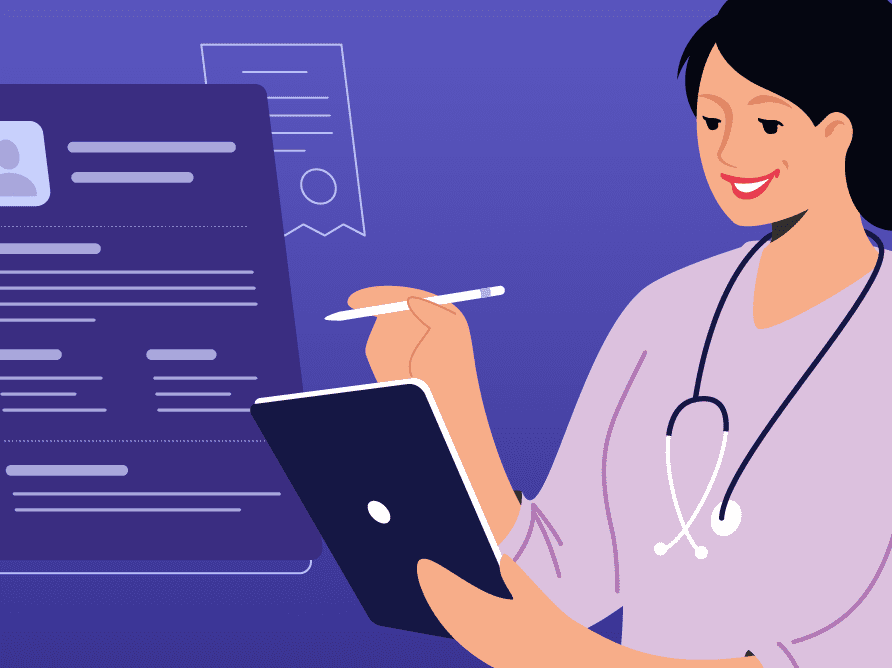Article
Altitude increasing: Three ways AI is elevating healthcare
Artificial intelligence (AI) has received a ton of hype in the healthcare industry for some time now, and it’s reached a real fever pitch recently. In one survey conducted by KLAS and the Center for Connected Medicine (CCM), AI was overwhelmingly chosen as the top type of emerging technology health system executives are most excited about.
It can be difficult to separate the loftier, longer-term aspirations from ways AI is actually starting to drive results. With that said, here are three areas within healthcare where AI can make a difference today:
1. Complementing clinical expertise
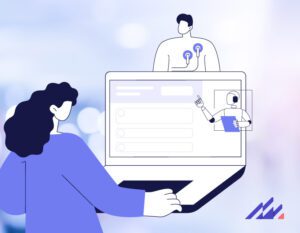 As AI matures and grows, it will create new possibilities in healthcare, but that does not mean professionals in our industry hold no reservations about it. One survey of American workers found that 35% are worried about losing their jobs to AI, and roughly 44% of respondents from the healthcare sector expressed this concern. There are ways, however, that AI can be assistive in medicine without replacing healthcare workers altogether.
As AI matures and grows, it will create new possibilities in healthcare, but that does not mean professionals in our industry hold no reservations about it. One survey of American workers found that 35% are worried about losing their jobs to AI, and roughly 44% of respondents from the healthcare sector expressed this concern. There are ways, however, that AI can be assistive in medicine without replacing healthcare workers altogether.
More specifically, clinical decision support (CDS) exemplifies how AI trained on vast quantities of data can supplement the valuable expertise, experience and human elements of care that providers bring to the table. Examples include provider alerts in the electronic health record (EHR) and diagnostic support. By speeding up and aiding in clinical decision-making, CDS tools can help reduce potentially dangerous (and costly) diagnostic errors and bring greater efficiency to clinical encounters—a win for patients, providers and entire organizations.
2. Assisting in administrative work
From news headlines to industry conferences, generative AI (also known as Gen AI) is another innovation you’ve likely come across. Gartner defines Gen AI as, “AI techniques that learn a representation of artifacts from data, and use it to generate brand-new, unique artifacts that resemble but don’t repeat the original data.” Simply put, Gen AI can produce content such as text or an image in response to a prompt (e.g., “Write me a list of the top symptoms of influenza”). There are many applications of AI that already leverage Gen AI, including CDS.
From an administrative perspective, Gen AI in healthcare is an exciting development as it can help address stressors tied to provider burnout. Administrative burdens are commonly cited as a source of frustration for providers, who often spend more time clicking through EHRs than they do interacting with patients without interruption.
Altera Digital Health is working to change this narrative through our virtual scribe solution. This technology utilizes advanced AI to accurately interpret and convert unstructured medical notes into structured data within EHRs. By automating these processes, healthcare providers can significantly reduce the time spent on routine data entry. This shift allows for more direct patient interaction and care, thereby improving both provider satisfaction and patient experiences.
3. Improving financial outcomes
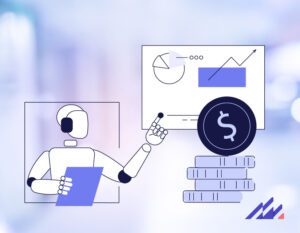
Robotic process automation (RPA) is another advancement rising in our industry, particularly within revenue cycle management (and like CDS, it also leverages generative AI). RPA involves the use of software robots to automate highly repetitive and routine tasks traditionally performed by humans. In healthcare, RPA is particularly valuable in handling back-office administrative activities, such as processing insurance claims and managing patient data, which are time-consuming yet essential.
While many healthcare organizations have improved or started to improve financially following the pandemic, a sizable portion continue to struggle. Going into 2024, an estimated 40% of American hospitals were losing money due to high operating expenses. One way to improve margins is to get claims out the door faster and with greater accuracy. Given that RPA can work around the clock and is not subject to human error, it offers healthcare organizations a way to maximize reimbursements, reduce denials and speed up cash flow, which can all make a major difference when facing financial losses.
Healthcare organizations can take this a step further by integrating RPA with other AI technologies. By incorporating AI, these robotic systems can handle more complex decision-making processes, learn from past actions to optimize workflows and predict future outcomes based on historical data. This not only enhances operational efficiencies but also paves the way for more strategic applications that can transform healthcare administration.
As a physician and software developer, I am excited to see how medicine and technology will continue intertwining to the benefit of everyone involved. At Altera, we are committed to leveraging AI not just to enhance operational efficiencies but to also profoundly enrich the roles of healthcare professionals and patient interactions. Learn more about how Altera is building higher-level healthcare experiences across the healthcare ecosystem here.






